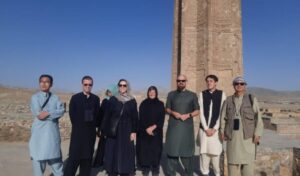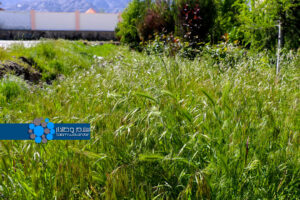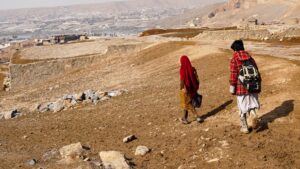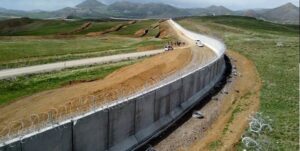KABUL (SW) – A number of children who were forcibly deported from Pakistan with their families after November 1, say that their deportation from Pakistan and the distance from education has changed their fate and made them face an unclear future.
14-year-old Ahmad, who was a 6th grade student when he returned to Afghanistan and now lives in a relative’s house in Kandahar due to lack of permanent shelter, says that the lack of clarity about his academic future worries him more than anything else.
He has lived in the city of Quetta, Pakistan for several years, he says: “We were taken from the city of Quetta. When we came back, the lesson and our whole life stayed behind. Although they gave us water and bread here, but we don’t have shelter and we can’t study anymore.”
The children who returned to the country from the Torkham route a week ago and are now living in temporary camps, worry about their future and say that a week after their return to Afghanistan, they have not yet been provided with permanent shelter.
14-year-old Shahabullah, who is also a 7th grade student, says that the forced deportation of his family from Pakistan has caused him and his brothers to be extremely worried.
He adds: “We are nine brothers, we have been back from Pakistan for more than five days. Here is good care provided, but we live in a camp, we want to have a house, study and serve our country.”
Likewise, 11-year-old Kamran says: “We were studying in Pakistan, it’s been six days since we returned, we left all our work and life in Pakistan. My father and mother used to work there, now we are all unemployed, we want to study and build our own lives.”
On the other hand, the United Nations Office for the Coordination of Humanitarian Aid (OCHA) announced on Tuesday of this week that more than 60% of the refugees deported from Pakistan are children. This institution called the situation of children returning from Pakistan hopeless and demanded to send immediate aid to them and their families.
Based on the statistics of the Ministry of Immigrants and Returnees Affairs, from November 1st to 7th of this year, more than 17,000 families, which is 124,000 people, have returned to the country from the Spinboldak-Chaman and Torkham border crossings.
However, the Islamic Emirate officials say that it has plans to create permanent shelters and provide educational and health services for immigrants, but to implement these plans, the cooperation of citizens and organizations is needed.
Zabihullah Mujahid, the spokesperson of the Islamic Emirate, says: “Of course, the Islamic Emirate does not have a very strong economy, and our people also cooperate to solve this issue. In this regard, the aid institutions and some charitable organizations are cooperating, which we appreciate and we want them to increase their contributions.”
With winter approaching, concerns about the situation of Afghans who have returned to the country, some of whom are currently living in temporary camps, have increased.
ENDS






